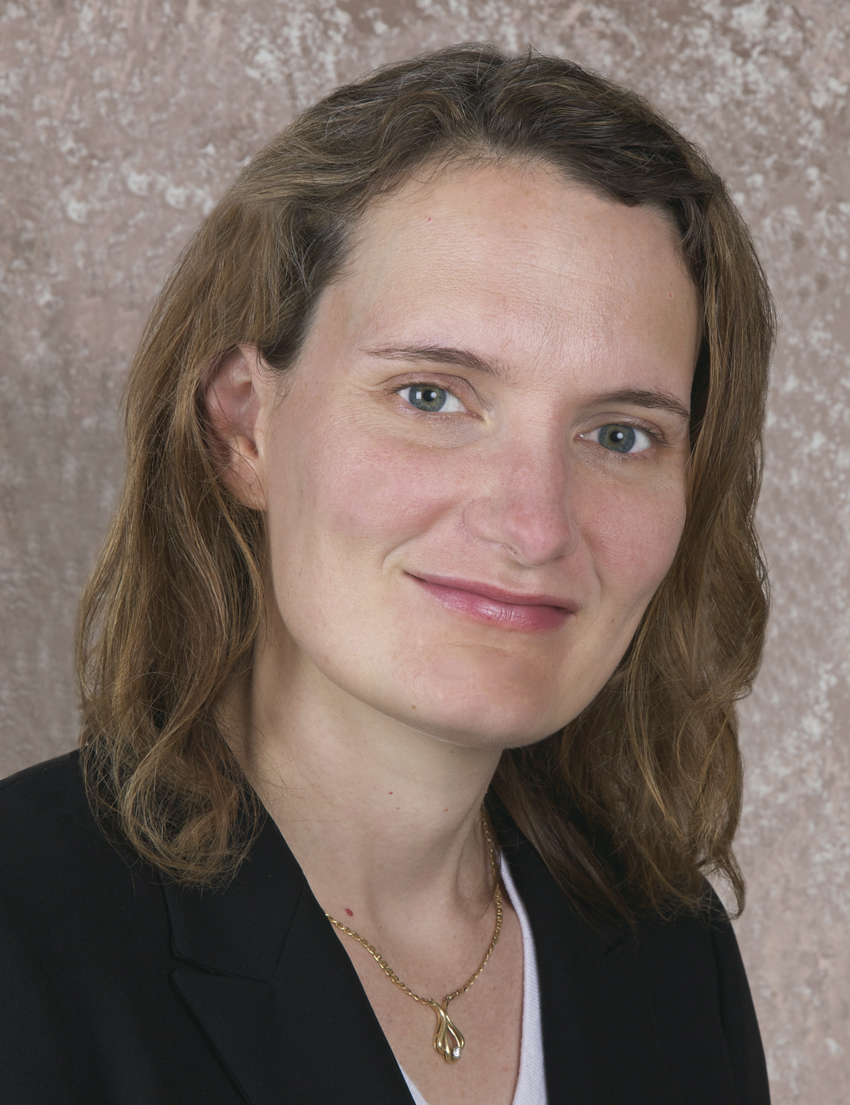Biography
Overview of research interests
Dr. Lagace’s lab uses a variety of molecular, cellular, histochemical and behavioral techniques to identify the mechanisms that produce new neurons in the adult brain and to determine their functional role in the healthy and pathological brain. For example, work in the lab is delineating the molecular mechanisms that regulate survival of adult-generated neurons and the crosstalk between autophagy and apoptosis in regulating survival. They are also examining the role of Presenilin proteins in adult neurogenesis in their work related to Alzheimer’s disease. These studies are providing insights into the basic biological processes that underlie the regulation of the potentially powerful adult generated neuron. This work complements behavioral studies that are elucidating the functional role of adult neurogenesis in normal physiology, as well as optimizing functional recovery in animal models of human disease. For example, as members of the Canadian Partnership for Stroke Recovery, a large number of studies in the lab are using novel models to examine whether the pronounced birth of new cells post stroke are functionally important in recovery and optimize regeneration and recovery of function during stroke recovery.
Accomplishments and awards
Ontario Early Researcher Award from the Ministry of Research and Innovation, 2012-2014
Alzheimer Society of Canada Young Investigator Award, 2012-2013
Bickell Foundation Research Award, 2012
Grant support
Dr. Lagace’s research is funded by the Canadian Institute for Health Research (CIHR), the Natural Sciences and Engineering Research Council of Canada (NSERC), Ontario Brain Institute (OBI), and the Canadian Partnership for Stroke Recovery (CPSR).
